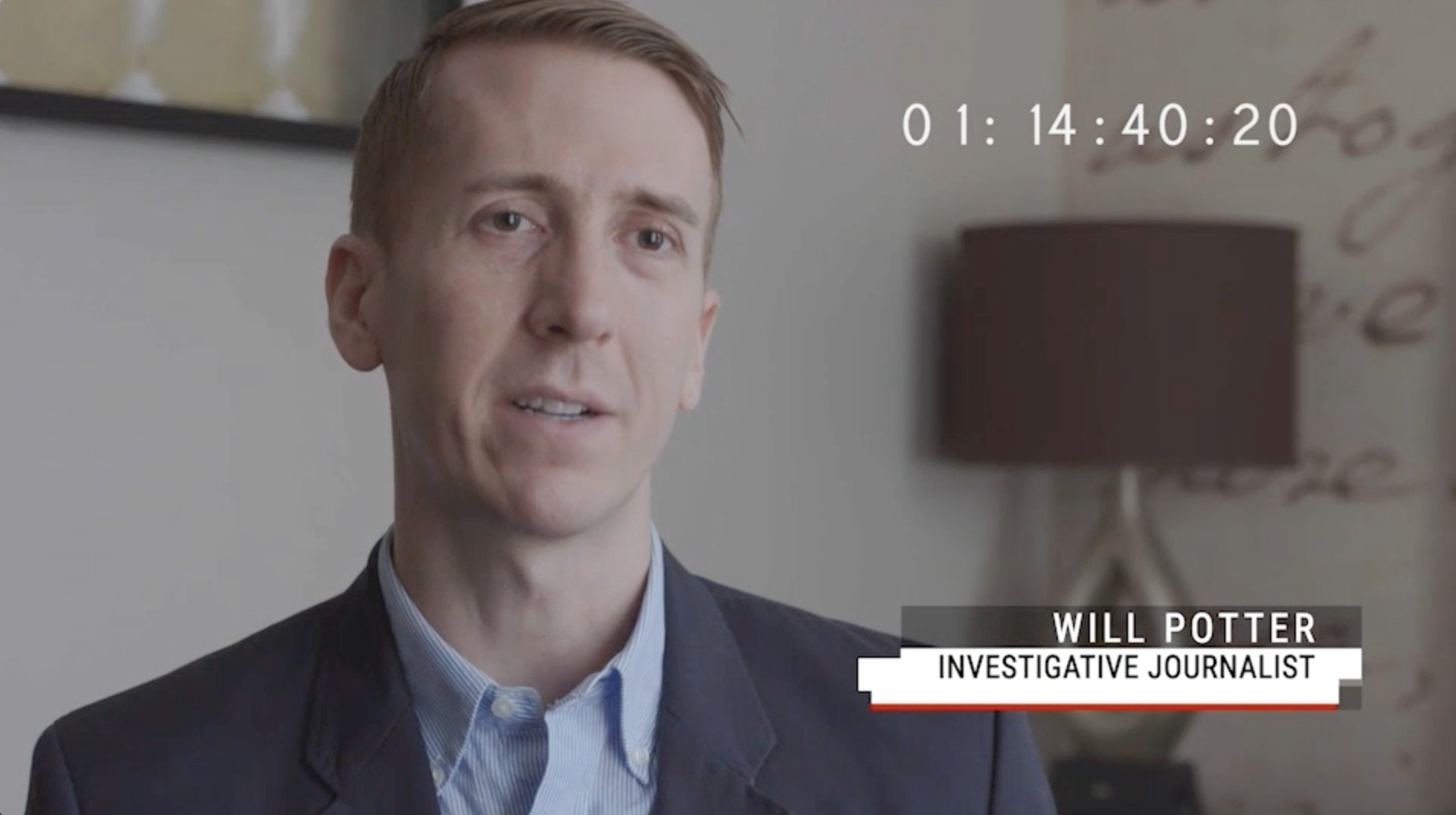
Fake News
In the digital age it’s increasingly difficult to separate real journalism from propaganda and misinformation.
Humans have a tendency to accept—and share—information that they agree with, even when the source isn’t reputable or credible. Social media platforms have become echo chambers where people repeat false claims, even when they are easily disputed, as personal truth.
And increasingly, the term “fake news” has been used by elected officials to discredit journalists and attack press freedom. It’s part of a long history of propaganda, misinformation, and disinformation by people in power to push a political agenda.
I collaborated with other professors at the University of Michigan to investigate the history and contemporary dangers of “fake news.” The investigation draws on the latest research in media literacy, combined with interviews with investigative journalists and media professionals about they are combating this dangerous trend. The result is a free “Teach-Out” on fake news, which includes tools everyone can use to separate fact from fiction.




